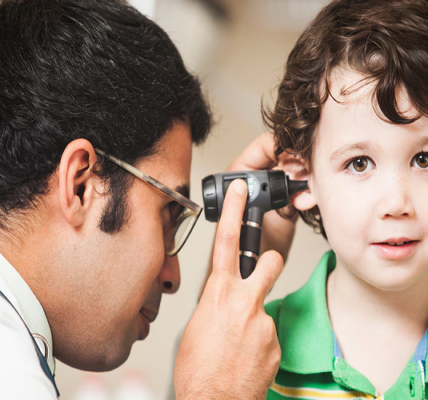In recent years, there has been a significant rise in the availability and popularity of mental health apps. These smartphone applications aim to provide support, guidance, and resources for individuals seeking to improve their mental well-being. While the convenience and accessibility of these apps are appealing, it is important to evaluate their effectiveness in addressing mental health concerns. In this blog post, we will explore the rising trend of mental health apps and examine their efficacy in supporting mental well-being.

The Potential Benefits of Mental Health Apps
Increased Accessibility: Mental health apps offer a convenient and accessible way for individuals to access mental health support. With just a few taps on a smartphone, users can access a variety of resources, including self-help tools, coping strategies, and even virtual therapy sessions.
Education and Self-Awareness: Many mental health apps provide educational resources and tools that help users understand mental health conditions, symptoms, and strategies for self-care. These apps can contribute to increasing self-awareness and empowering individuals to actively manage their mental well-being.
Support and Community: Some mental health apps offer features that connect users with supportive communities, allowing them to share experiences, seek advice, and provide encouragement to one another. This sense of community can be valuable, especially for individuals who may feel isolated or stigmatized in their struggles.
Tracking and Monitoring: Mental health apps often include features that allow users to track their moods, sleep patterns, or other relevant indicators. This tracking can provide insights into patterns, triggers, and progress over time, helping individuals and their healthcare providers make informed decisions about treatment and self-care.
The Effectiveness of Mental Health Apps
While mental health apps offer potential benefits, it is crucial to consider their effectiveness. Research on the efficacy of mental health apps is still emerging, and individual experiences may vary. Factors to consider include:
App Quality and Evidence-Based Content: Look for apps that are developed by reputable sources, have evidence-based content, and are grounded in established therapeutic techniques. Apps backed by scientific research or developed in collaboration with mental health professionals are more likely to be effective.
Personalization and Tailoring: Effective mental health apps consider individual needs and preferences, providing personalized recommendations and interventions. Look for apps that offer customization options and adapt to your specific goals and circumstances.
Integration with Professional Support: While apps can be beneficial tools, they should not replace professional mental health support. The most effective apps often complement therapy or counseling, offering additional resources and tools to support the therapeutic process.
User Engagement and Commitment: The effectiveness of mental health apps also depends on user engagement and commitment. Consistent use, active participation, and regular interaction with app features can contribute to positive outcomes.
Long-Term Effectiveness: Research on the long-term effectiveness of mental health apps is limited. It is important to consider the sustainability of the app’s impact and whether it supports lasting behavioral changes and ongoing support.
Conclusion
Mental health apps have the potential to be valuable tools in supporting mental well-being, increasing accessibility to resources, and providing support and education. However, their effectiveness varies, and it is important to consider factors such as app quality, evidence-based content, personalization, and integration with professional support. Remember, mental health apps should be seen as complementary tools and not a substitute for professional mental health care. If you are considering using a mental health app, it is advisable to consult with a mental health professional who can guide you in choosing the most appropriate resources for your specific needs.




